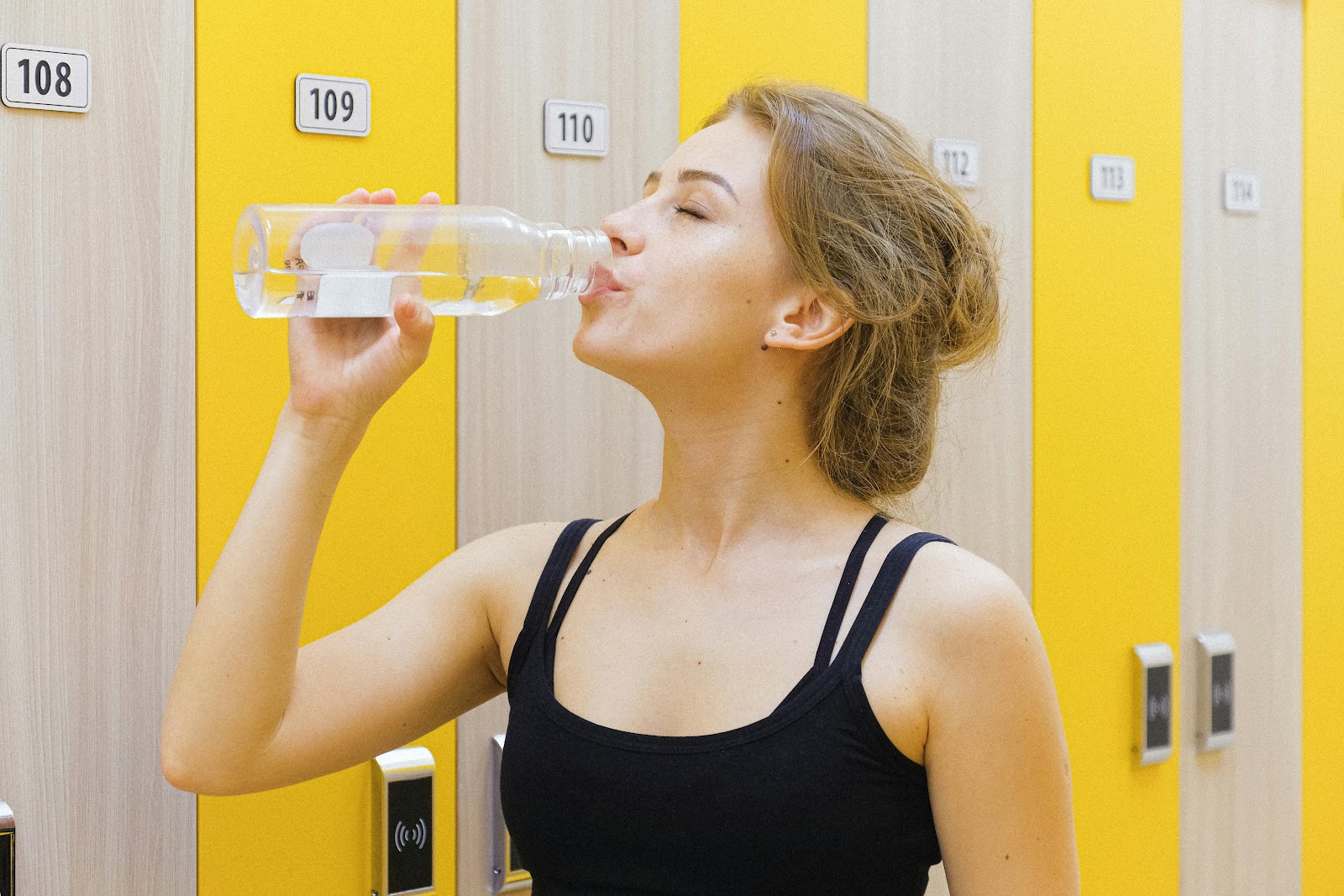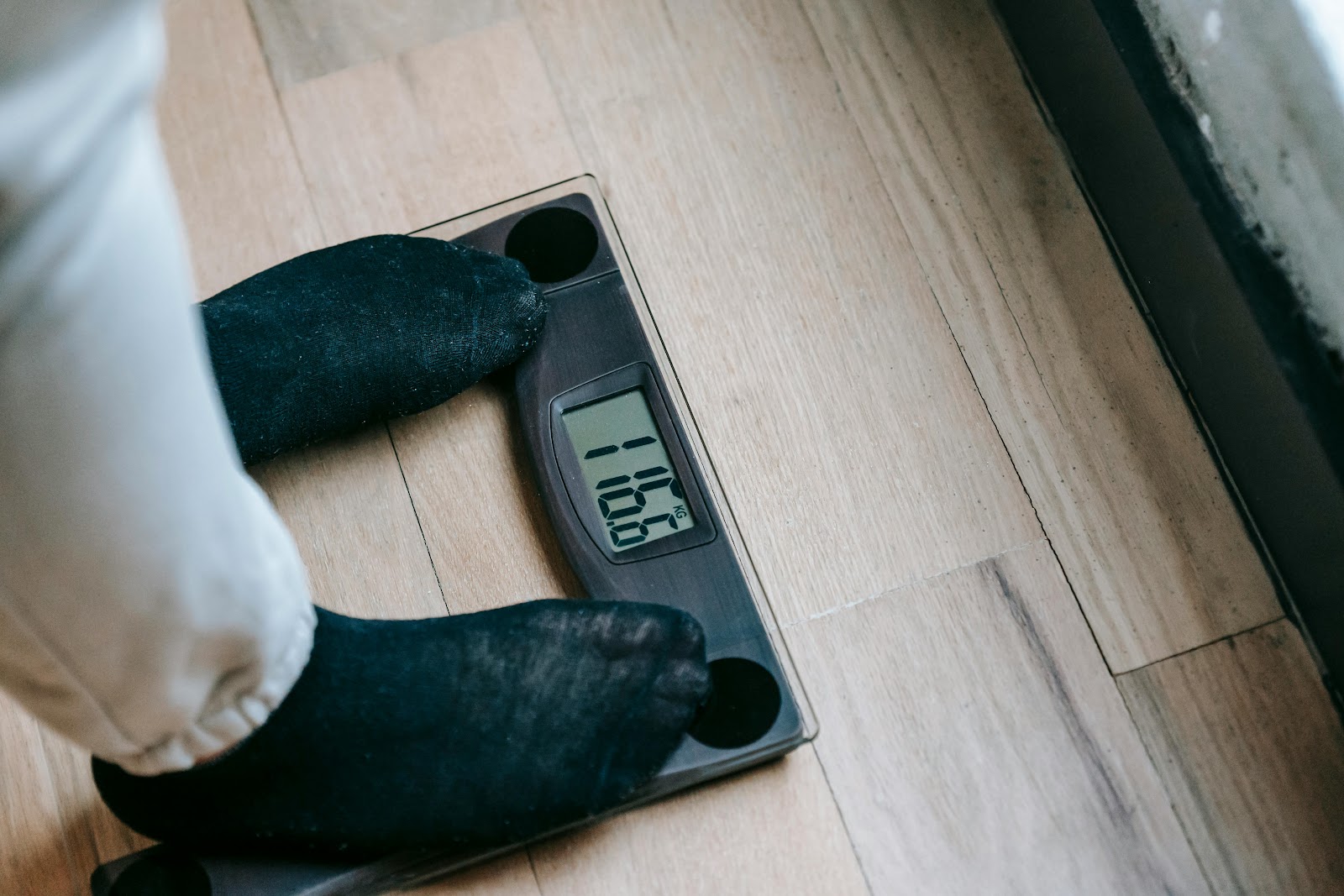60% of the human body is comprised of water. Maintaining healthy body functioning and metabolic processes depends on this. You will, nevertheless, lose fluids through breathing, perspiration, and even sweating. As a result, in order to stay hydrated, you must consistently consume enough water.

In addition to a general sense of dehydration, excessive weariness, headaches, and digestive issues can result from inadequate water consumption.
Your immune system may also be weakened by prolonged dehydration. In light of this, we have compiled a list of 21 indicators that suggest you might not be getting enough water.
The first thing you should do if you notice any of these symptoms is to increase the amount of water you drink each day.
Signs That You Aren't Getting Enough Water
Because water is so essential to our body's operations, its absence can lead to a variety of issues. These are a few of the most typical indicators that you need to drink extra water when you're dehydrated.1. Always feeling thirsty
Let's start by discussing the telltale signs of thirst and dehydration. You may even experience excessive thirst that doesn't seem to go away when you take a quick sip or swallow of water. Your body is alerting you to the fact that it hasn't had enough water to sustain itself for a while, and you should take immediate action to quench its thirst.2. Continuously Odd Breath
Maintaining adequate hydration stimulates the production of saliva by your salivary glands, which helps wash away bacteria from your mouth. Saliva production is reduced when you are dehydrated, which promotes the growth of bacteria in the spaces between your teeth and gums. Chronic foul breath may result from this.3. Less Urine and/or Dark Urine
Water is necessary for your kidneys to work correctly and remove toxins from your body. Your kidneys will retain more water if you don't drink enough water, which will reduce how often you urinate. Furthermore, the next time you urinate, a concentrated number of toxins will be present, giving your urine a deeper color and a harsher smell.4. Incessant Cravings for Sugar and Hunger Pangs

5.Weight Gain

6. Poor Skin Health

7. Issues with Digestion and Constipation

8. Parched lips and a dry mouth
We are all familiar with the terrible feeling of having a dry, sticky mouth. Still, it doesn't take a genius to figure out that incorrect water intake or dehydration are the cause. The same holds true for easily cracked, dry, chapped lips. These are frequently the first indications of dehydration, which are treated by raising the daily water intake.9. Eye Dryness
Your tear ducts will start to dry out without water, making it impossible for them to keep your eyes wet. Your eyes will get bloodshot red and inflamed as a result. It's not fun to have dry eyes, but if you regularly drink the necessary amount of water, you may simply prevent having them.10. Spasms in the muscles

11. Sore joints and muscle pain
We have 80% water in our cartilage, did you know that? As a result, in the absence of water, the cartilages weaken and the bones grind against one another, causing sore muscles and joints.12. Hypertension and Hypercholesterolemia

13. Having nausea and vertigo
Generally speaking, even mild dehydration raises blood pressure. However, there are situations where extreme dehydration causes your blood volume to reduce, which can result in a sharp drop in blood pressure. Now, when your blood pressure falls, not enough oxygen will reach your organs, especially your brain, which can cause lightheadedness, vertigo, and occasionally even nausea.14. Continuous Fatigue
Water is an essential element for the maintenance of daily body functioning. Without it, your body will make an effort to hold onto its energy, which will make you feel drowsy and less energetic. Hence, the next time you feel exhausted—even after getting a decent night's sleep—try hydrating yourself with a glass of water.15. Headache

In summary
Did you know that dehydration can cause a person to pass away in around three days? The importance of water to human health cannot be disputed. Furthermore, maintaining adequate hydration has several advantages and may even increase productivity.
Make sure the water you drink is pure, uncontaminated, and has undergone the necessary treatment. Investing in a home water purifier that eliminates all pollutants and pathogens from the water is the most economical and practical way to ensure that you and your family keep hydrated and healthy.